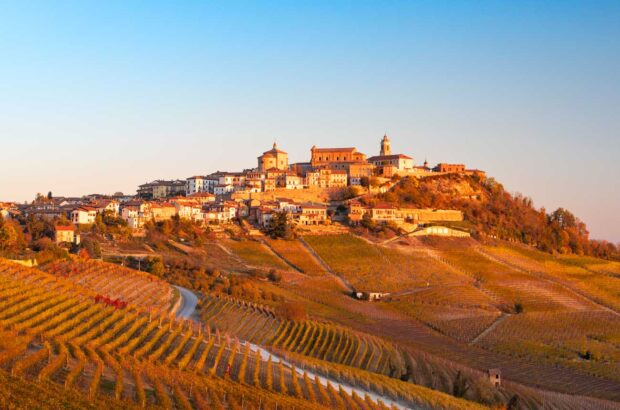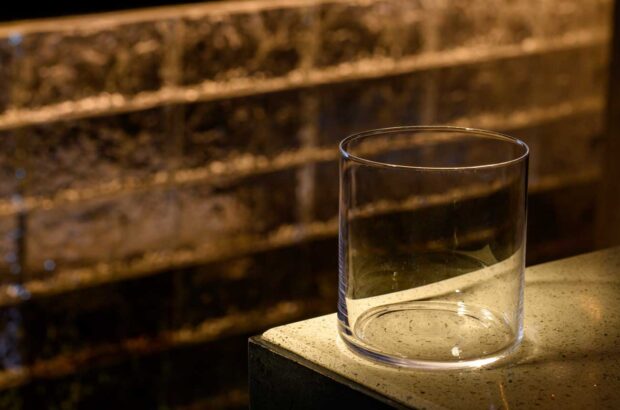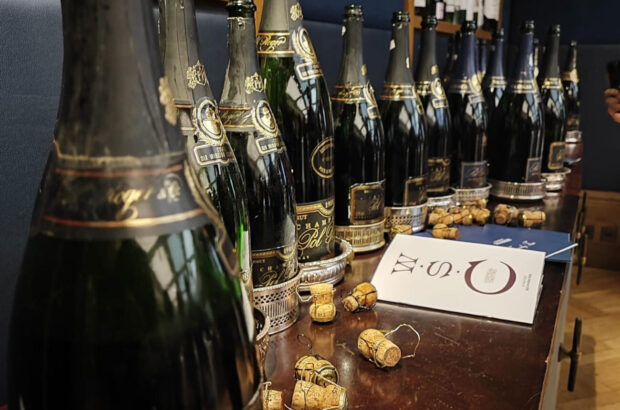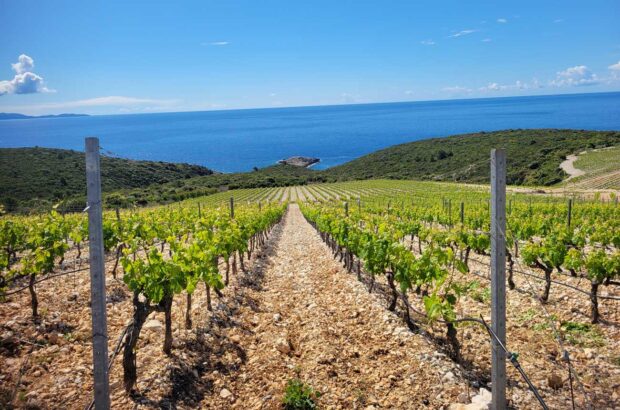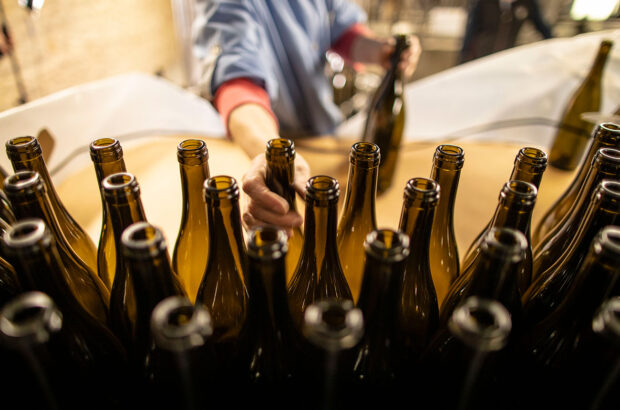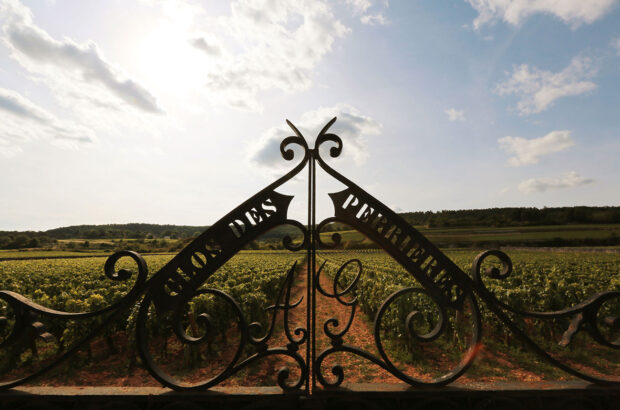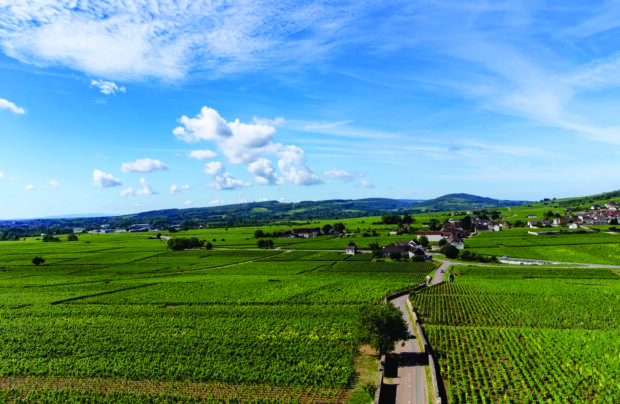For close-up encounters with wild animals in their natural habitat, it’s hard to beat a safari in Kruger National Park and the adjacent Greater Kruger area. In addition to the state-owned national park, some 20 fenceless private reserves flanking the park’s western border combine to create a vast 2,250,000ha wilderness area.
Watered by the Sand and Sabie rivers, the lusher south attracts the highest concentrations of game, and in the private concessions – a few located within Kruger National Park but most found in the private reserves of Greater Kruger – knowledgeable guides and the right to traverse off-road can bring you within spitting distance of predators. Conveniently, it’s also a year-round destination: from May, when winter pares back foliage and water sources shrink, animals are easier to spot, and sunny days are bookended by bitingly cold but clear nights. Summer can be hot and humid, but dramatic thunderstorms perfume the air with petrichor, migrant birds flit by like jewels and the flowering knob thorns are puffs of pale yellow under a deep-blue sky.
Less enthralling, at least until recently, was the wine offering. With the exception of Luke Bailes, founder of Singita, lodge owners saw wine selection as secondary to building suites the size of apartments, with plunge pools burbling in timber decks. House wines were, for the most part, risible – unforgivable really, given what’s been being produced across the Cape in the past two decades – but recent years have seen a marked improvement.
For wine consultant Stephan Niehaus, who moved to the Lowveld in 2017, the challenge was not only to improve lists but to root wine culture in a region more than 1,500km from the Cape. ‘It’s no good having a cellar full of amazing wines without knowledgeable and passionate wine stewards and sommeliers,’ he says. ‘Wine tastings and intensive training trips to the Cape can make a huge difference. The lodge owners that have grasped this are reaping the rewards. If great wines are an integral part of the safari experience, and shipping arrangements easy, guests can also relive their safari memories once home.’
Here, then, are four Kruger lodges that offer an in-house tour of the Cape winelands – and Cheetah Plains is another worth highlighting. All have been picked for their hospitality, location, accommodation and, of course, game viewing. Conservation is an expensive business, so none, I’m afraid, is cheap. But with ecotourism a key plank of conservation here, you’re playing your part in protecting one of the world’s greatest wildlife sanctuaries.
Singita Lebombo
Southeastern Kruger National Park
Singita is the most awarded safari outfit in Africa, and justifiably so: now in four African countries, it offers an experience that floors even the jaded. Lebombo is a personal favourite, as much for the 25m lap pool and groundbreaking Community Culinary School as the location: an exclusive 15,000ha concession in the remote southeast of Kruger National Park, where large prides of lion tussle over territory.
The lodge comprises 15 contemporary glass-walled suites, plus a four-bedroom villa; the best are elevated and cantilevered off steep, vegetated banks above the N’wanetsi river. There are daily tastings in the wine studio and sommeliers and wine stewards are trained to match diverse preferences with a meticulously curated wine list that covers a wide range of winemaking styles.
Visionary conservation-hotelier Luke Bailes invested heavily in Singita’s wine collection from the outset. But its Premier Wine Direct program (which enables guests to ship wines they enjoyed on safari to their homes) really took shape after Bailes noted the impact former head chef and wine judge Francois Rautenbach’s encyclopaedic knowledge of the local wine industry had on guests. Today, Singita’s collection is almost 200,000 bottles strong, most of which are stored in an energy-efficient maturation facility in Stellenbosch – only when a wine has reached its full potential is it shipped to the lodges.
Singita has also led the way in training, providing annual visits to the Cape Winelands and online engagement with producers. New buying specialist Jörg Pfützner says: ‘We aim to reflect the dynamic nature of the wine industry, identifying producers who are capturing the beauty of the Western Cape through the lens of wine. Our aim is to connect guests with this, and create extraordinary memories of where and with whom these wines were consumed.’ From R45,560 pp per night.

Singita Lebombo’s exclusive concession is home to several prides of lion. Credit: Ross Couper / Singita
How to get there
It’s quickest to fly directly to Satara airstrip (45 minutes from the lodge) in Kruger National Park from Johannesburg with Federal Airlines. Guests are collected by Singita.
Malewane Lodge
Thornybush Nature Reserve, Greater Kruger
The first hospitality project of owners Liz and Phil Biden, Malewane Lodge launched what became the Royal Portfolio, a circuit of world-class properties in some of SA’s most desirable locations. The portfolio includes La Residence, their working wine farm in Franschhoek; Birkenhead House, a beach villa perched on a promontory overlooking the Walker bay whale nursery; and the Silo Hotel, part of the iconic Zeitz Museum of Contemporary Art Africa in the V&A Waterfront in Cape Town.
Malewane Lodge is located in Thornybush Nature Reserve – a 15,000ha private reserve to the west of Kruger, with which it shares a fenceless border. The landscape is more monotonous than the lusher south, but game densities are high, and guiding is among the best in Africa. Dining has always been stellar, but wines really took off in 2021, when the Bidens tasked Court of Master Sommeliers-certified sommelier Wayve Kolevsohn with taking their offer to the next level. This she has done, in abundance.
Guests have close to 30 wines available by the glass or bottle, and the selection is superb, showcasing predominantly small-batch, new-wave South African producers. You can dip into this at any time; a tasting can even be arranged at a sunset table set up in the bush. Or enjoy the meal pairings – Kolevsohn works closely with executive chef Archie Maclean. ‘So many have never tasted South African wines before, or at least not at this level. It is such a privilege to present young, up-and-coming wine producers, and showcase the enormous diversity that the Cape winemakers are producing,’ says Kolevsohn. From R47,500 pp per night.

The exclusive-use bush villa at Malewane Lodge. Credit: The Royal Portfolio
How to get there
A few airlines fly directly from Cape Town or Johannesburg to Hoedspruit’s small Eastgate airport, located just outside Kruger. From here it’s a 45-minute transfer by road.
More Tinga & Narina
Southern Kruger National Park
Part of the More Family Collection – a small portfolio of excellent lodges and hotels that has grown from a parcel of land in Sabi Sand purchased by CEO Robert More’s great-grandfather in 1933 – Tinga and Narina lodges are top picks for their romantic riverside location; each enjoys an elevated position on the banks of the Sabie river.
The lodges are located within the 5,000ha Lion Sands private concession within the national park, which, though relatively small, is highly coveted, offering excellent game viewing. There is also the proximity to dinky Skukuza airport: within minutes of landing, you’re checked in, welcome drink in hand, taking in those languid river views.
Both resorts offer nine large suites. Tinga is more geared towards families, thanks to a communal pool, a dedicated playroom, an additional two-bedroom unit and a range of tailor-made experiences for children aged six to 11. Narina is only able to accommodate children above the age of 10, making it more the honeymooners’ choice.
The lodges boast a much more compact wine offering than the others mentioned here, but it’s well considered, showcasing South Africa’s most popular varieties. The More wine stewards undertook their first training trip to the Cape earlier this year with consultant Niehaus, who is also conducting regular tastings at the lodges.
Robert More credits chef Amori Burger – nowat the helm of the More Family Collection’s first standalone restaurant, Upper Union, at the Cape Cadogan Boutique Hotel in Cape Town – with turning the spotlight on wine. ‘When you are working in conservation as well as hospitality, there is just so much to focus on. Amori’s passion for good-quality wine pushed us to improve, and we are only too grateful to make this an integral part of the safari experience.’ From R26,995 pp per night, but look out for discounted rates if you book more than one More Family Collection stay.

Tinga’s suites feature a private deck and plunge pool. Credit: More Family Collection
How to get there
Fly direct from Cape Town or Johannesburg into Skukuza airport, within the national park. Transfers are included in the rate and take less than 10 minutes.
Dulini Moya
Sabi Sand Nature Reserve, Greater Kruger
One of only a few concessions that enjoy unencumbered access to both sides of the Sand river, 10,500ha Dulini is one of the prettiest concessions in Sabi Sand, in turn the most sought-after private reserve in the south of the Greater Kruger area. In parts, with sunlight dappled through branches shading the slow-flowing river and waterbuck cropping the grassy banks, it looks like a benign Wind in the Willows idyll – were it not for the crocs sunning themselves on the banks.
Dulini offers three very different lodge options – all are tremendous, but Moya, the original, is charmingly old-school, with six thatched suites opulently dressed in nostalgic-safari style. Dainty-hooved nyala nibble the lush indigenous lawns between open-air lounges, and the vaulted wine cellar offers a fabulous selection of well-displayed wines, which guests can explore with an app or, better still, with Neo Khoza, Moya’s sommelier.
After several trips to the Cape and the creation of an in-house wine club, wine appreciation has permeated the team. Most staff are able to advise on which of the 15 or so house wines available by the glass might suit your palate or plate. As Iain Garratt, the warm, hands-on owner comments: ‘Safari should be the perfect culmination of romance and adventure, and good wine very much part of an “indulgently inclusive” experience.’ Quite. From R26,800 pp per night.

Wine and wildlife-watching at sunset at Dulini Moya. Credit: Dulini Moya
How to get there
Fly directly into Skukuza from Johannesburg or Cape Town with Airlink. Dulini will have a vehicle waiting to make the 90-minute transfer by road to the lodge, exiting and re-entering Kruger.





